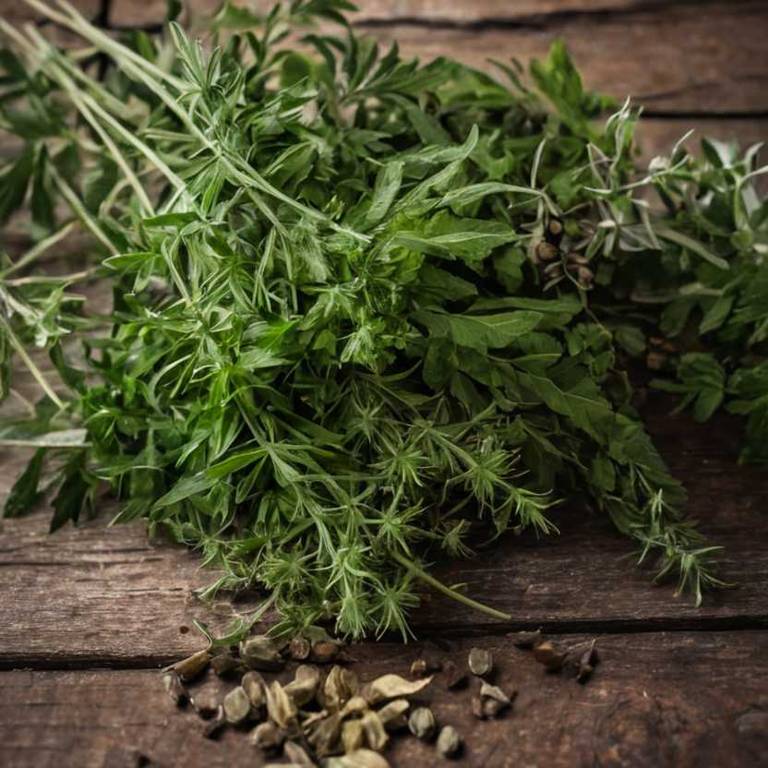Tsuga Canadensis: What To Know Before Using It For Medicinal Purposes

Tsuga canadensis, commonly known as the eastern hemlock, has been explored for its potential medicinal properties due to its rich content of bioactive compounds such as flavonoids, phenolic acids, and terpenoids.
Research suggests that extracts from this tree may possess antimicrobial, anti-inflammatory, and antioxidant activities, which could support its use in traditional and modern medicine. Some studies indicate that compounds derived from Tsuga canadensis might have potential in treating conditions like inflammation, oxidative stress, and even certain infections. However, further clinical trials are needed to validate these effects and ensure safety for human use.
Despite its promising attributes, the tree is also threatened by environmental factors, highlighting the need for conservation alongside its potential medicinal applications.
Health Benefits
Tsuga canadensis has several health benefits, such as its rich content of antioxidants, which help protect cells from damage caused by free radicals.
The tree's bark and needles contain compounds that may support immune function and reduce inflammation in the body. Studies suggest that extracts from Tsuga canadensis may have potential in treating respiratory conditions due to their antimicrobial properties. Additionally, the essential oils derived from the tree are known for their calming effects and may aid in reducing stress and anxiety.
Overall, Tsuga canadensis offers a range of natural health benefits that make it a valuable resource in traditional and modern medicine.
10 Best Health Beneift of Tsuga canadensis
Bioactive Constituents
Tsuga canadensis has several bioactive constituents, such as flavonoids, terpenoids, and phenolic acids, which have been shown to possess various therapeutic properties.
These compounds exhibit antioxidant, anti-inflammatory, and antimicrobial activities, making them valuable for medicinal applications. Flavonoids, in particular, contribute to the plant's ability to neutralize free radicals and protect cellular structures. Terpenoids have demonstrated potential in modulating immune responses and reducing oxidative stress.
Additionally, phenolic acids may support cardiovascular health and aid in the management of chronic inflammatory conditions.
Medicinal Preparations
Tsuga canadensis has several medicinal preparations, such as teas, tinctures, and topical salves, which have been traditionally used by Indigenous peoples and later adopted in herbal medicine.
The needles and twigs of the tree are often dried and brewed into teas believed to promote respiratory health and relieve congestion. Tinctures made from the bark and leaves are used to treat ailments like coughs, colds, and skin irritations. Some preparations also incorporate the essential oils extracted from the needles, which are known for their antimicrobial and anti-inflammatory properties.
These remedies highlight the tree's historical and ongoing significance in natural medicine.
Side Effects
Tsuga canadensis can have some side effects, such as allergic reactions in sensitive individuals.
When ingested, it may cause gastrointestinal discomfort, including nausea and vomiting. Prolonged exposure to its foliage or pollen can lead to respiratory issues like asthma or bronchitis. In some cases, it may contribute to skin irritation or contact dermatitis.
However, it is important to note that these side effects are generally rare and depend on individual sensitivity and exposure levels.